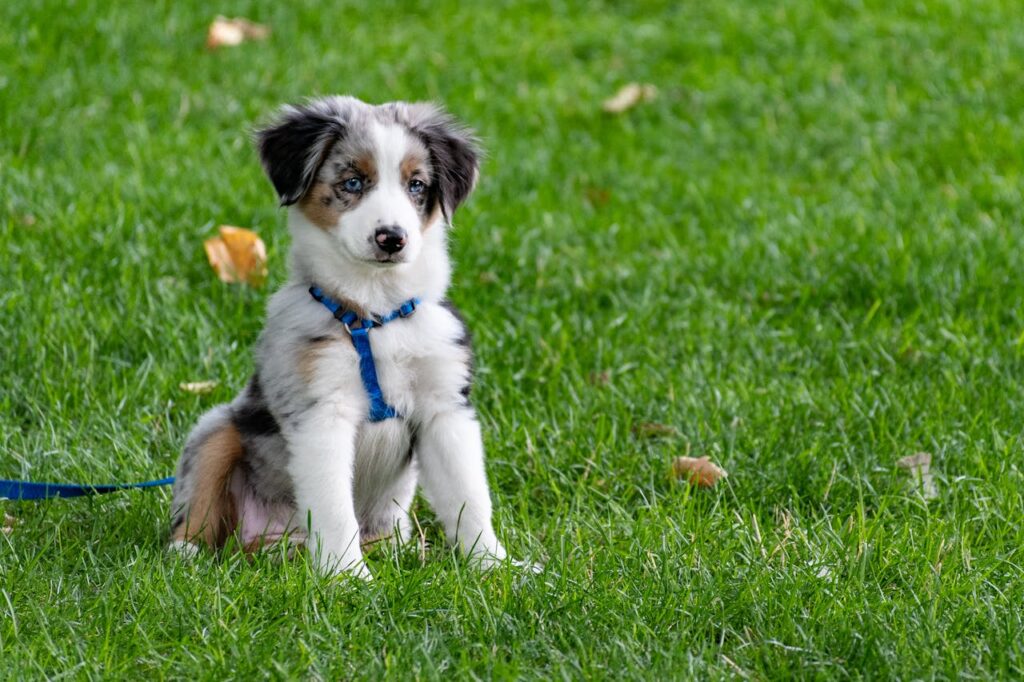
Over the last fifty years, for the past fifty years, the past 50 years, United States Department of Agriculture has worked on legislation that will ensure safe breeding practices for dogs. The regulations include registrations, inspections, and requirements that must be fulfilled to be approved by federal agencies and, in certain cases, state agencies. Despite these regulations, established puppy mills continue to operate. Pet stores are still selling pups from these mills and backyard breeders. People keep buying that adorable small puppy from the display. Why is that?
What’s the Government doing to end puppy mills?
The puppy mill is a legally-conforming way of doing business. If the basic requirements of a dog are met, including water, food, and shelter, they will live their lives as they want to. The owner of the “kennel” sees fit. Nothing the Government can do if that business adheres to normal regulations. Animal Regulation Inspectors travel nationwide to ensure that the law is enforced within their jurisdiction.
Changing Colors in Memory of Our Dogs_ Forever in My Heart Rainbow Bridge
Around 120 inspectors nationwide supervise every animal breeding facility, including more than 1,800 breeders’ “kennels.” About 2 inspectors per state inspect more than 7,000 animal establishments. The Department of Agriculture says inspections have grown over the last few years. Are 120 inspectors satisfying for fifty states?
Ignorance is Bliss
SPONSORED CONTENT
Conquer the life-long challenge of separation anxiety.
Together in partnership with Cannanine
It’s hard to imagine anything more painful than seeing a puppy struggling with anxiety. The solution is here.
An easy stroll along the street. Eyes meet in a store’s window. A person occupied with their own business feels attracted to the adorable puppy. Most of the time, people don’t consider the puppy’s origin. Sometimes, they fool themselves by believing it came from an idyllic farm where dogs roam in the grassy hills. But the truth is just unimaginably ugly. The people don’t want about the adorable, pet’s parents who are kept in cages with many adorable pups.
What can you do to make your contribution?
ADOPT! Thousands of dogs are in rescue and shelters nationwide, some from puppy mills. They require loving homes. If a buyer purchases a puppy from a pet shop or an unknown breeder, this person perpetuates the vicious cycle. They are sending a signal to owners of puppy mills as well as disreputable breeders that their behavior is fine. Stand up, stop the cycle. Don’t shop–adopt!
Find reputable breeders. Choose breeders who follow the safest and most sanitary breeding practices. Request references and inspect the breeding “facility.” If you feel something is off with the breeder, leave. Most reputable breeders get involved in reproduction for the sake of their breed and not to earn the cost of breeding.
Get involved. There are a myriad of rescue organizations that adopt puppy mill animals. They are mostly volunteers devoted to the training, rehabilitation, and socialization of animals who’ve never experienced human compassion. Many of these dogs had never experienced grass beneath their paws, had a comfortable blanket to curl up in, or even breathed in the fresh air.
